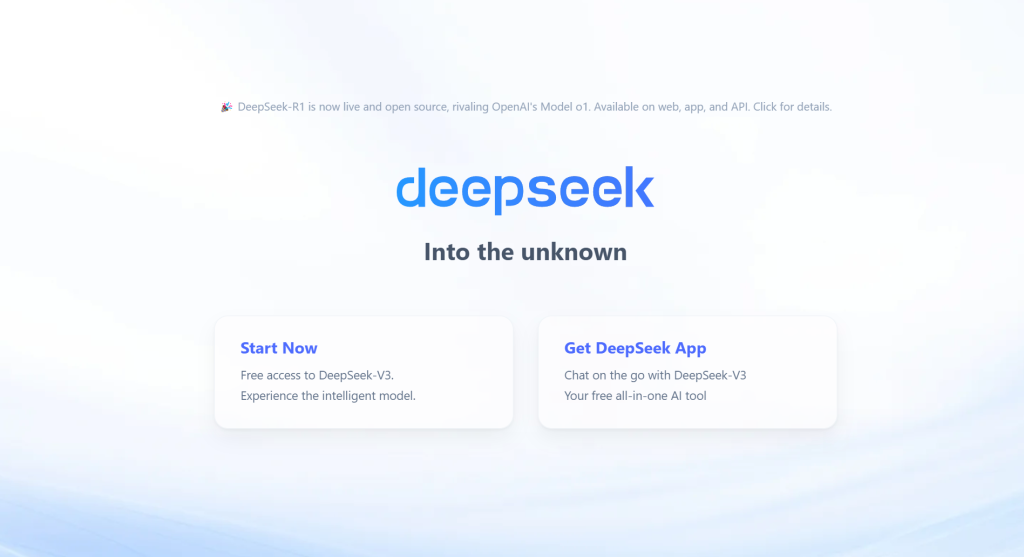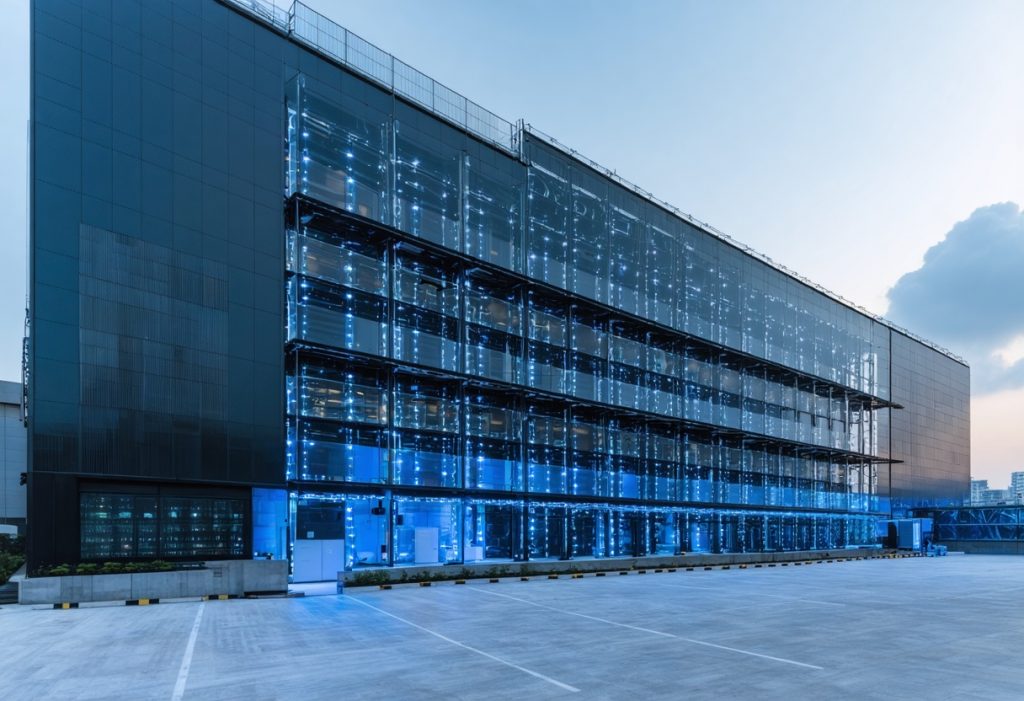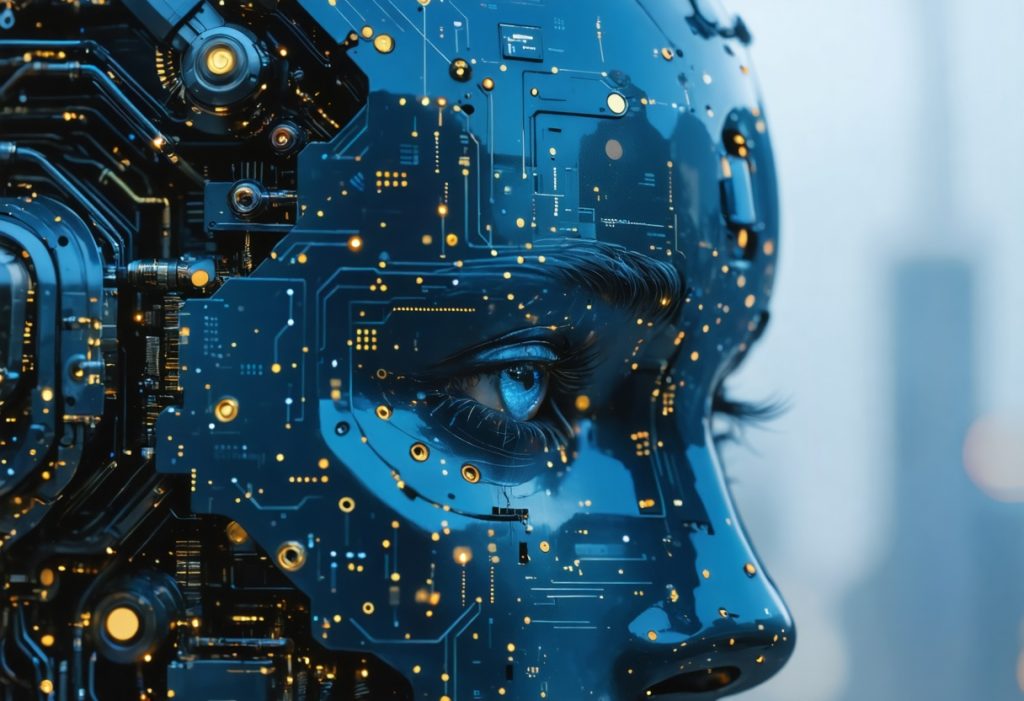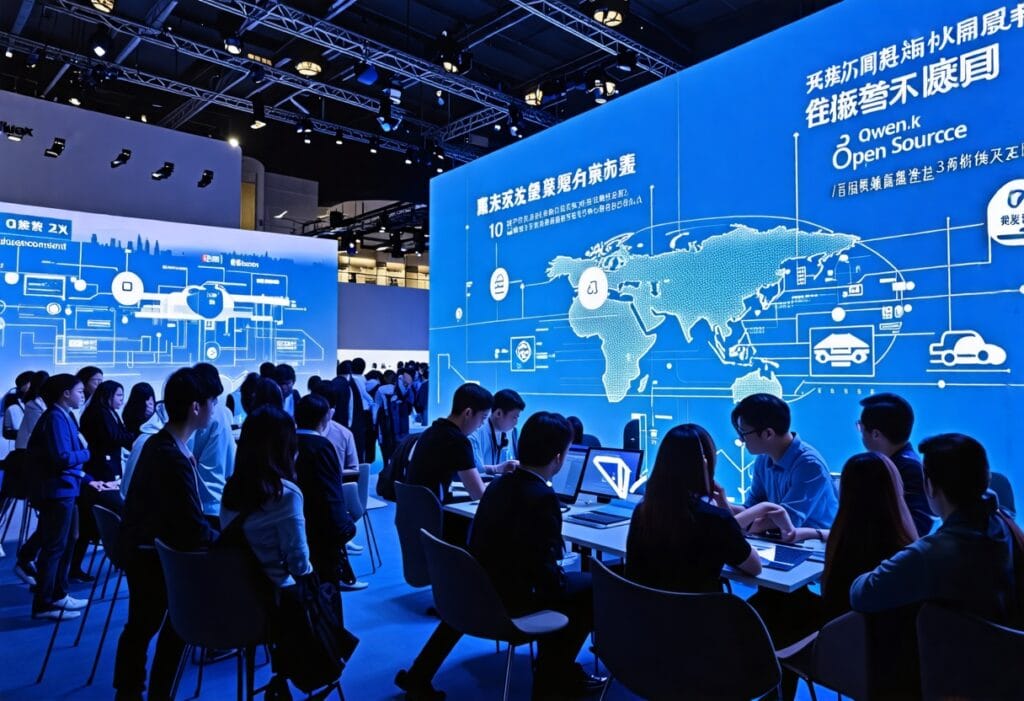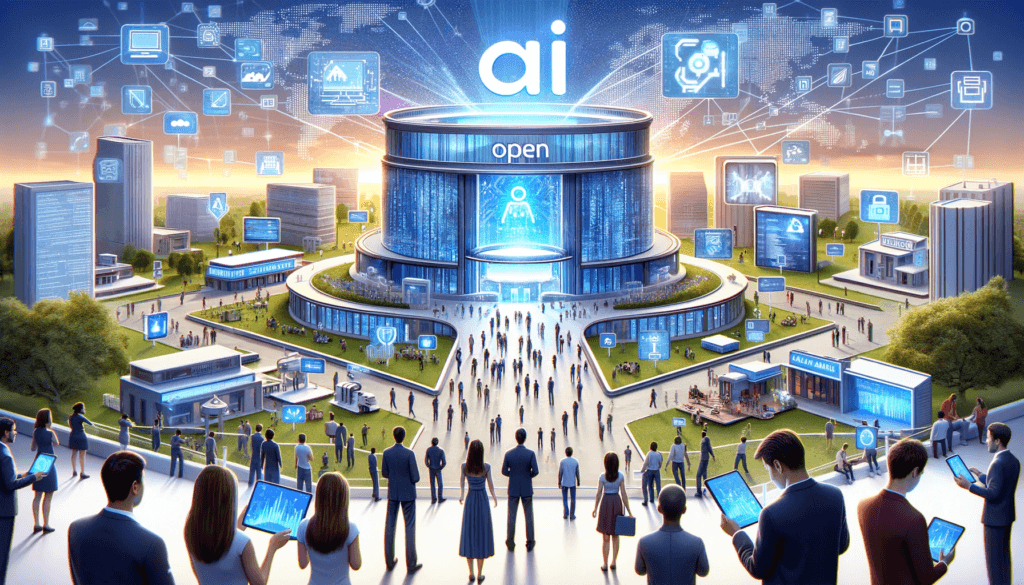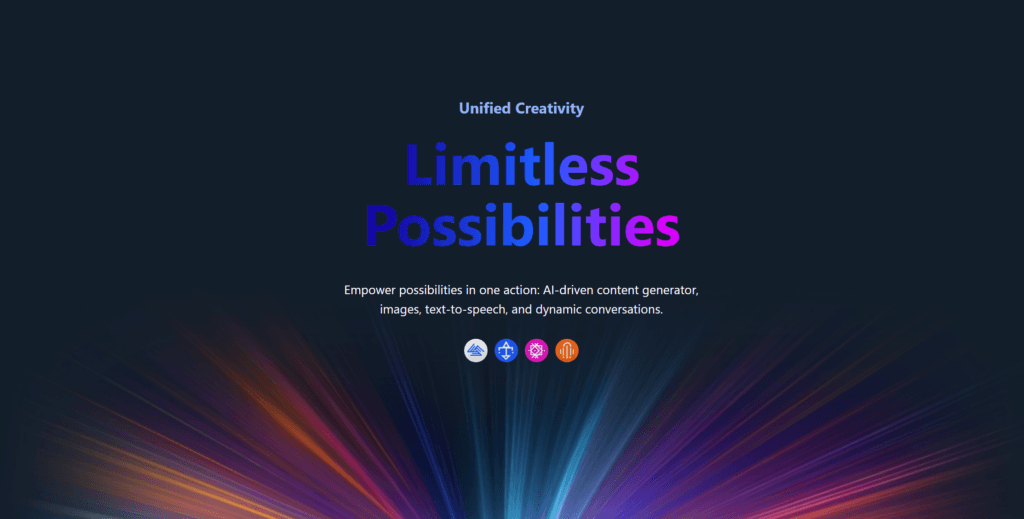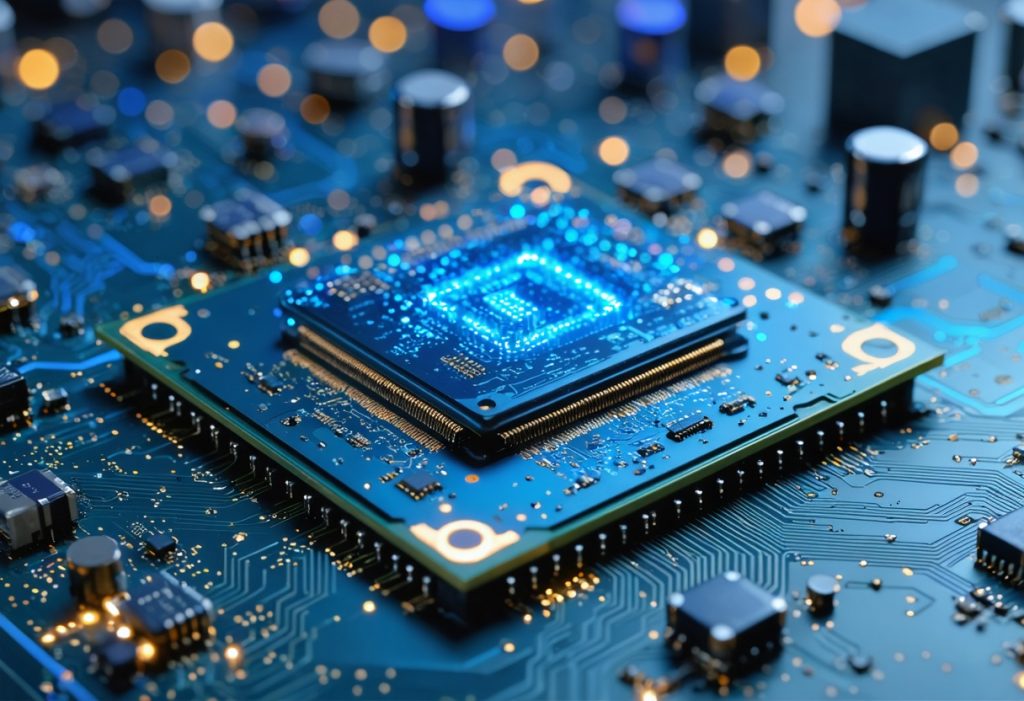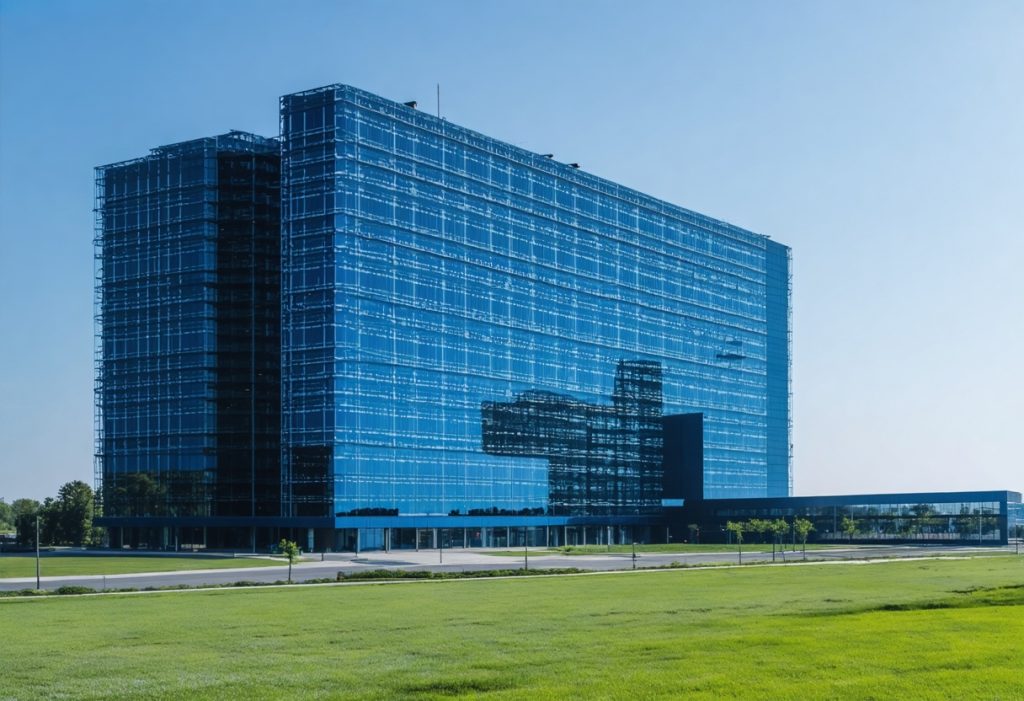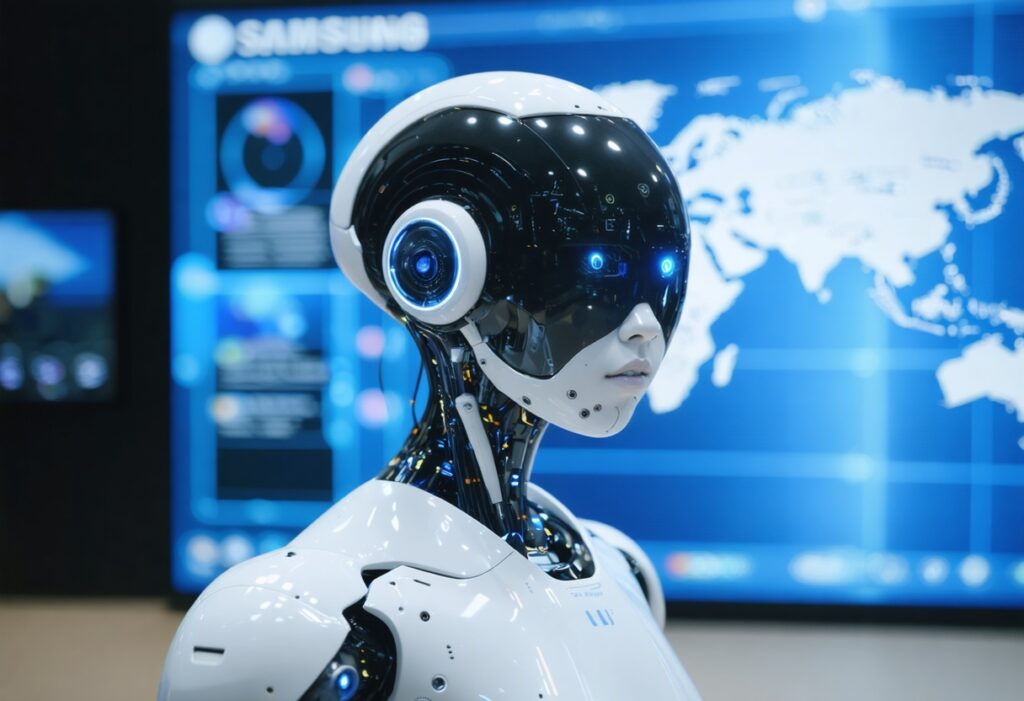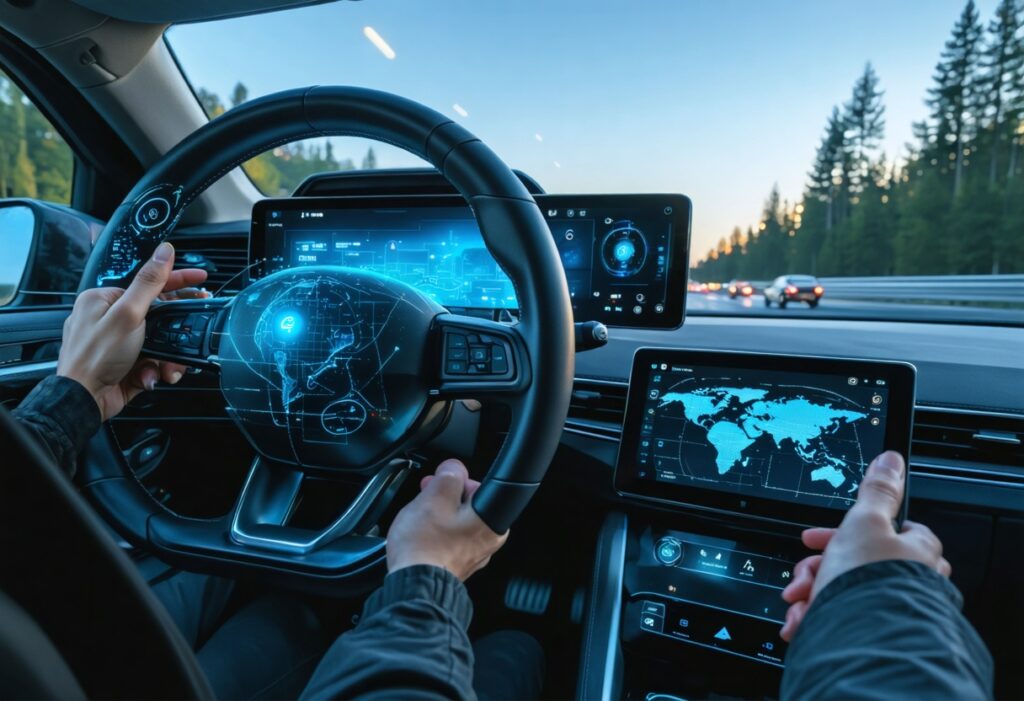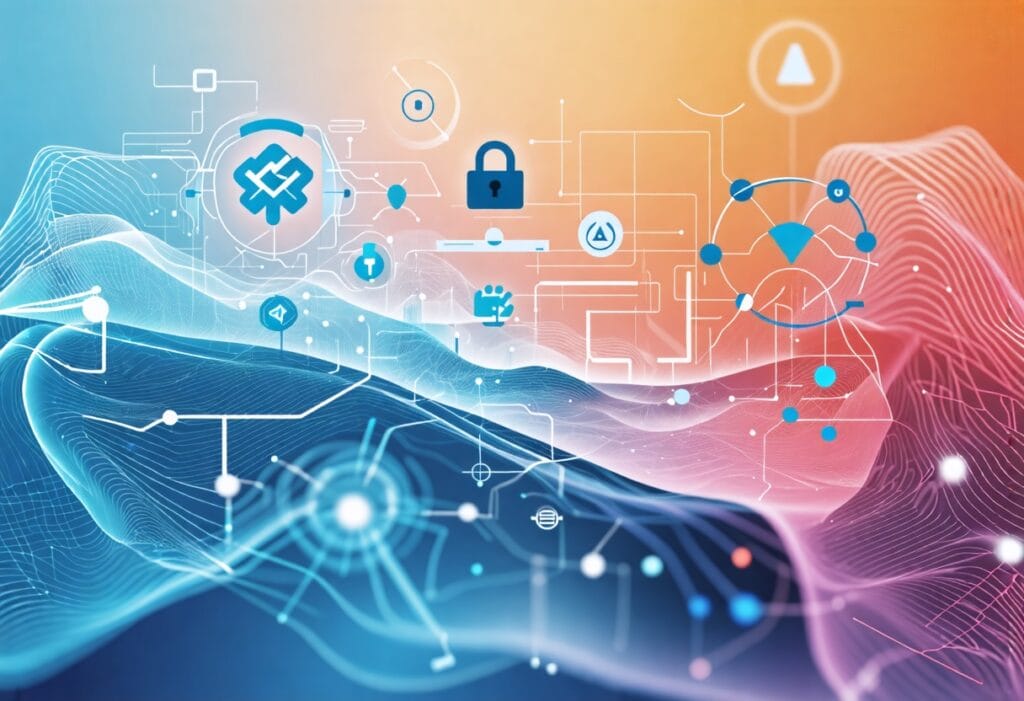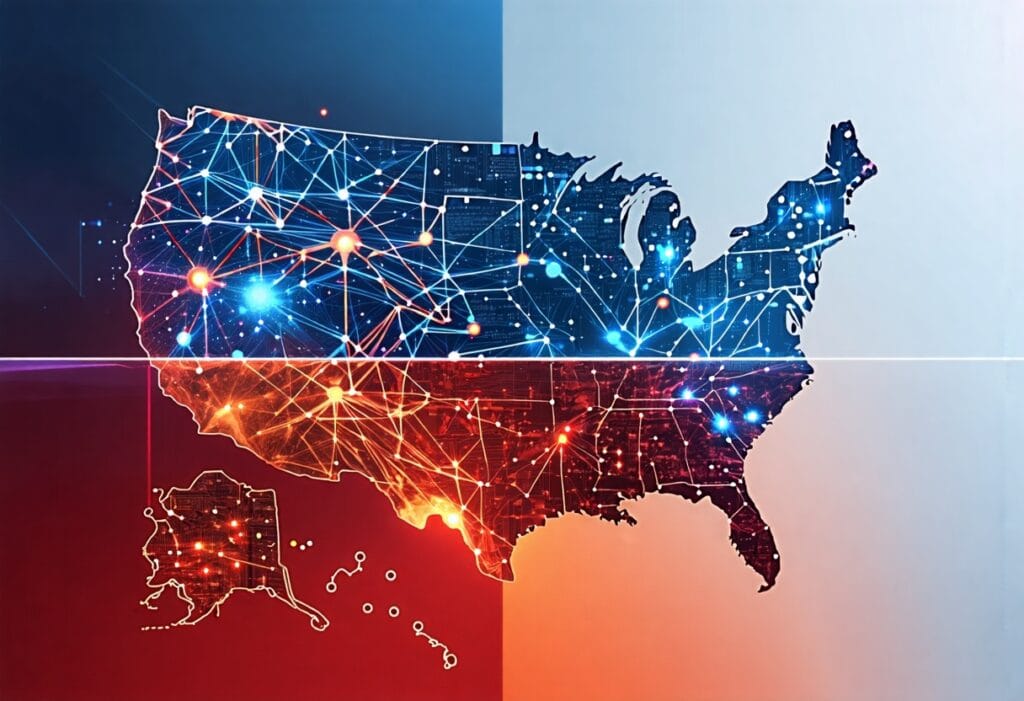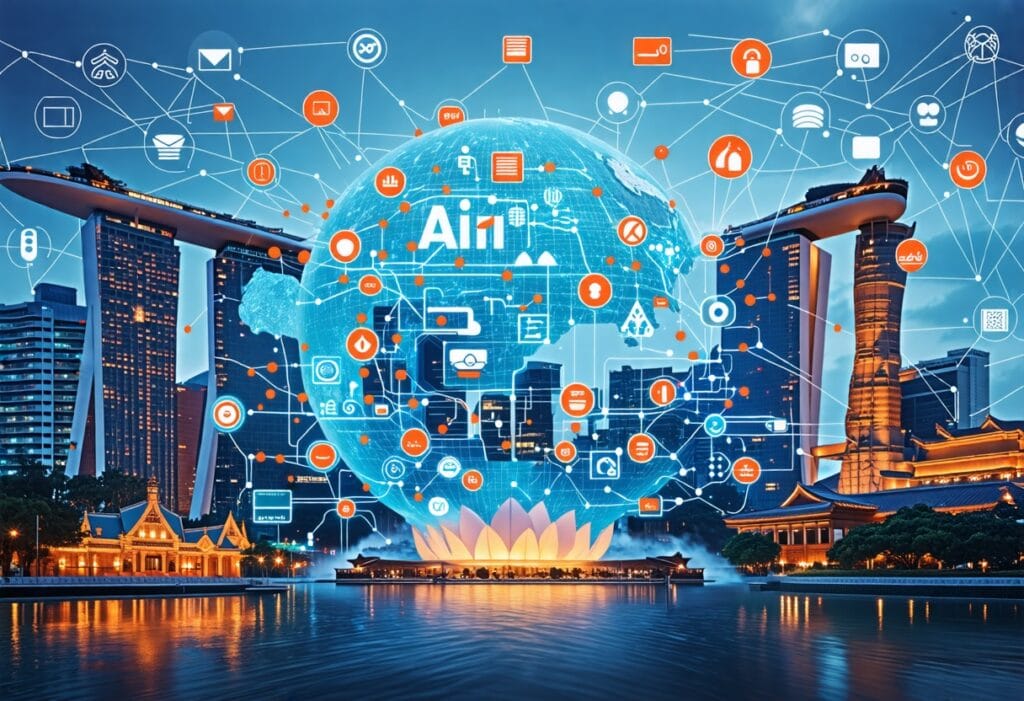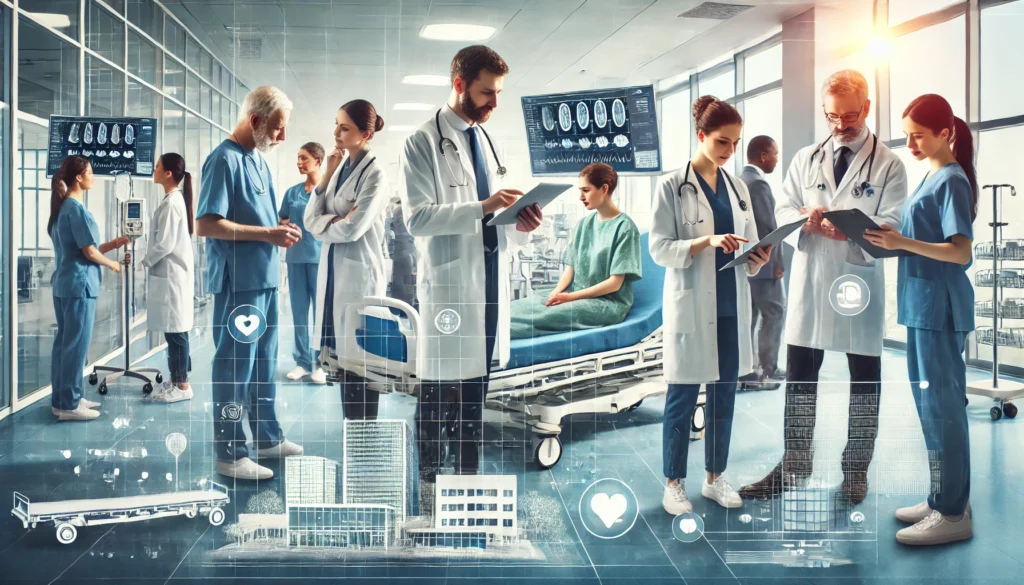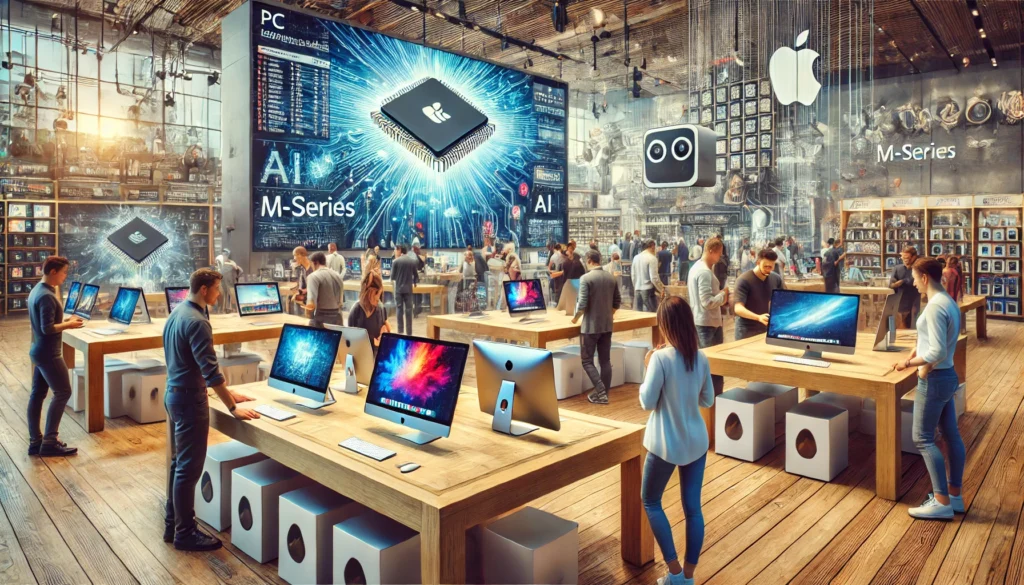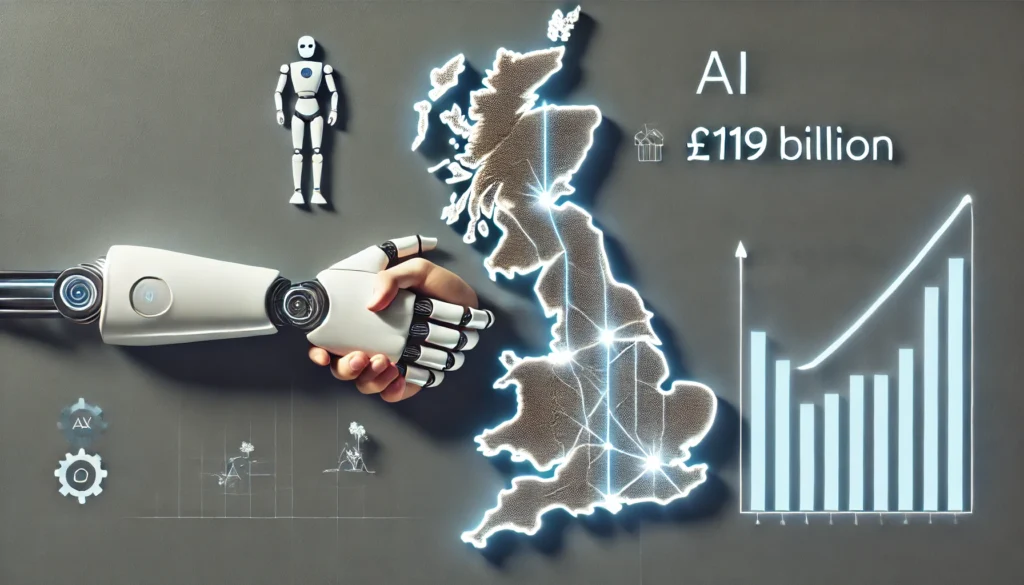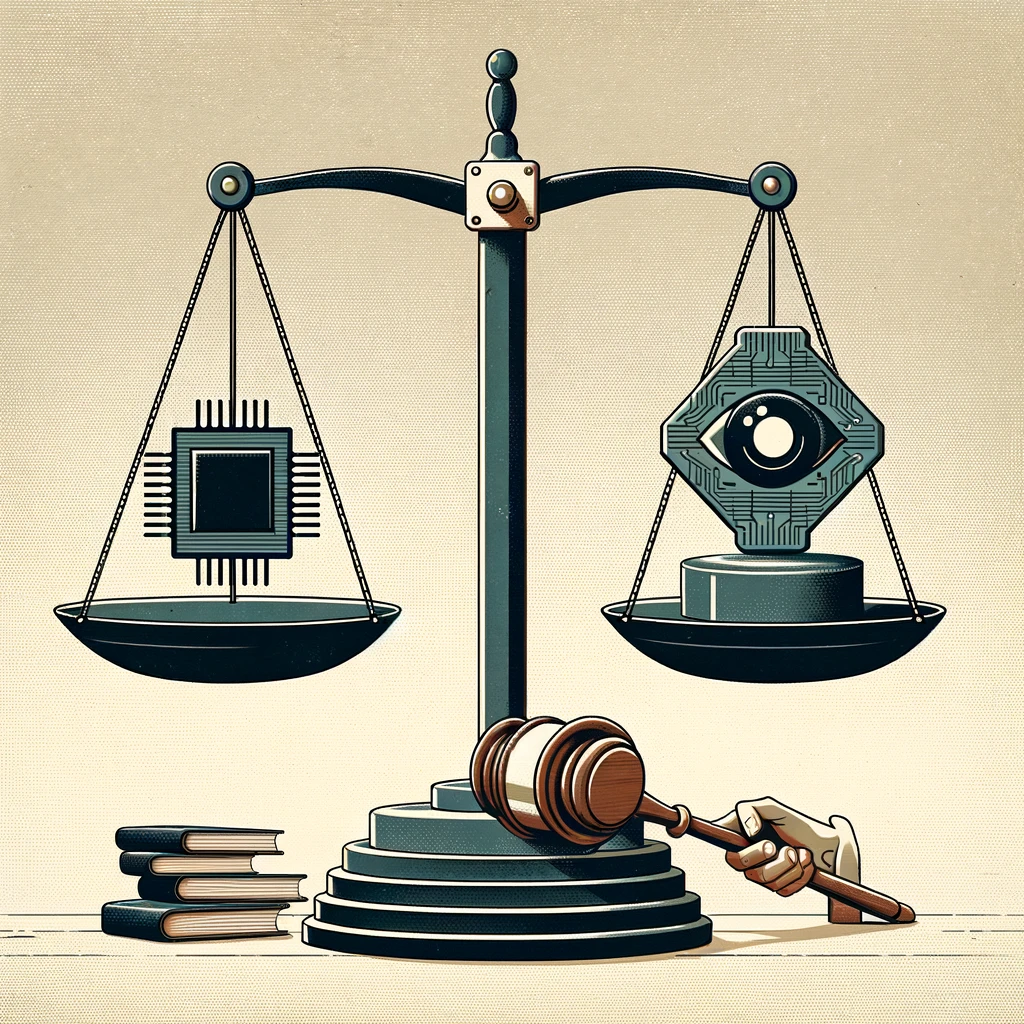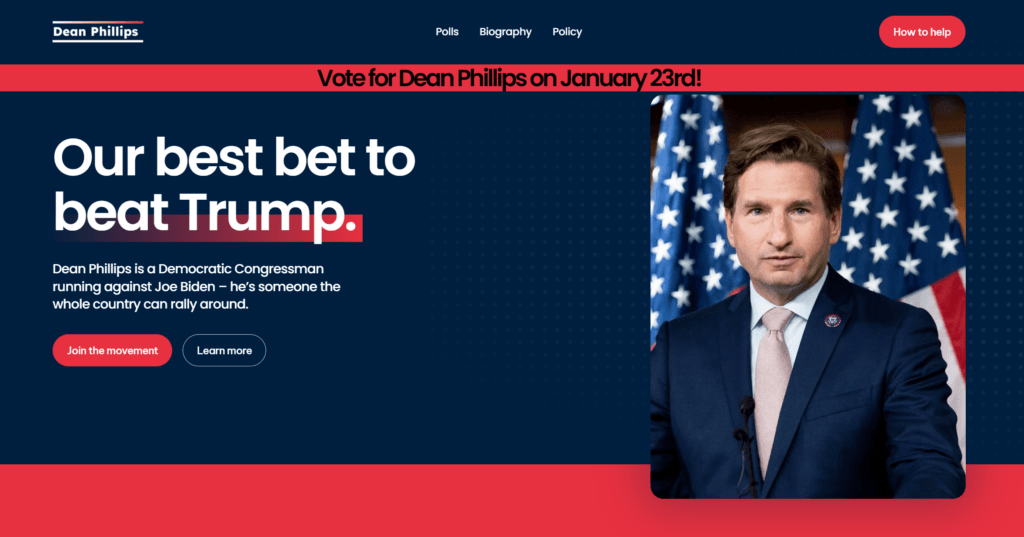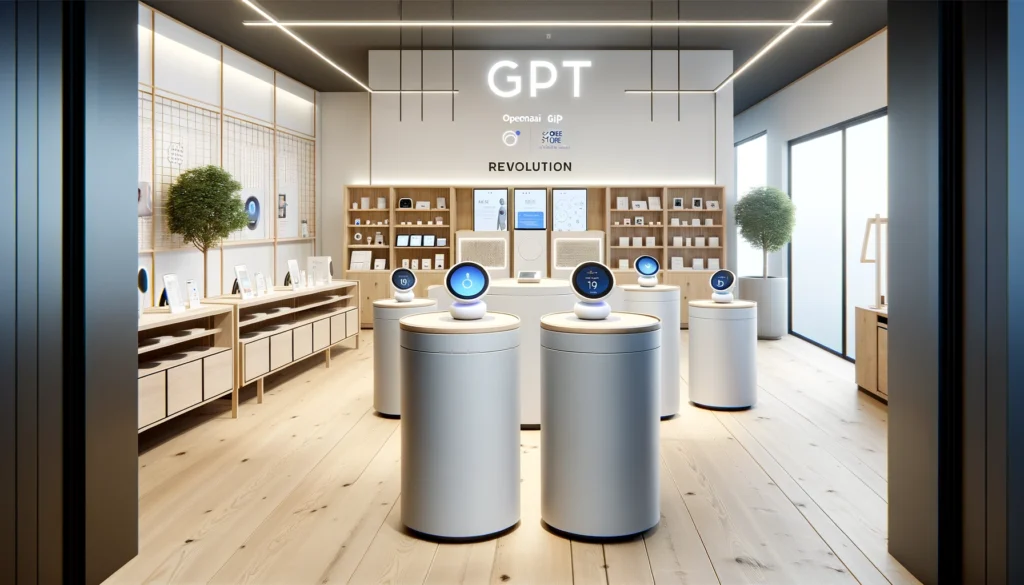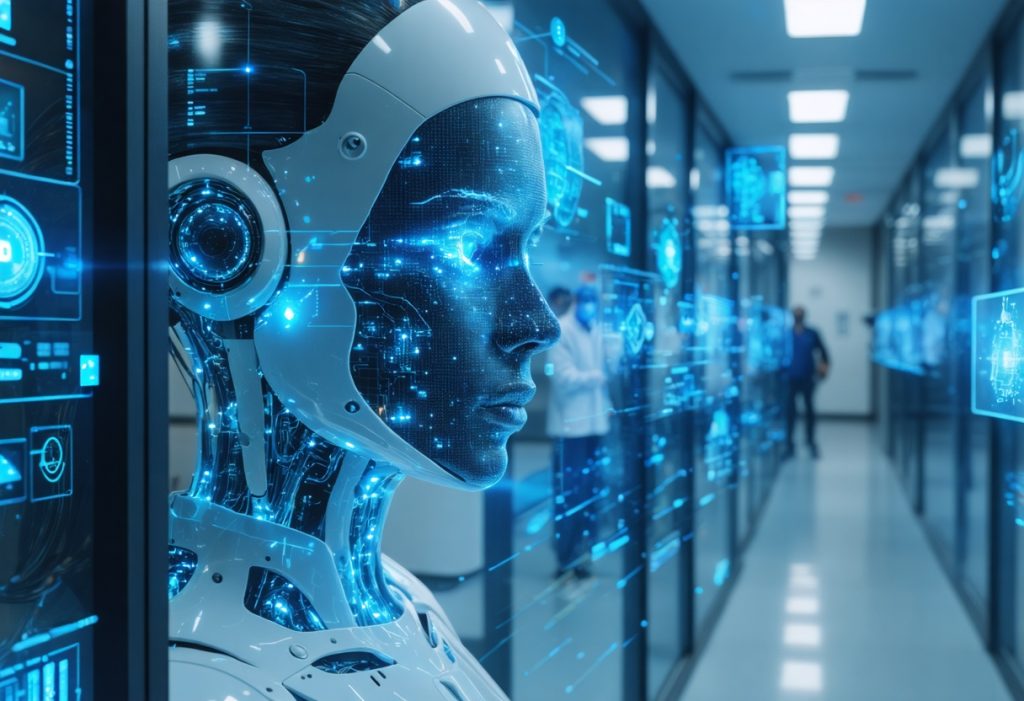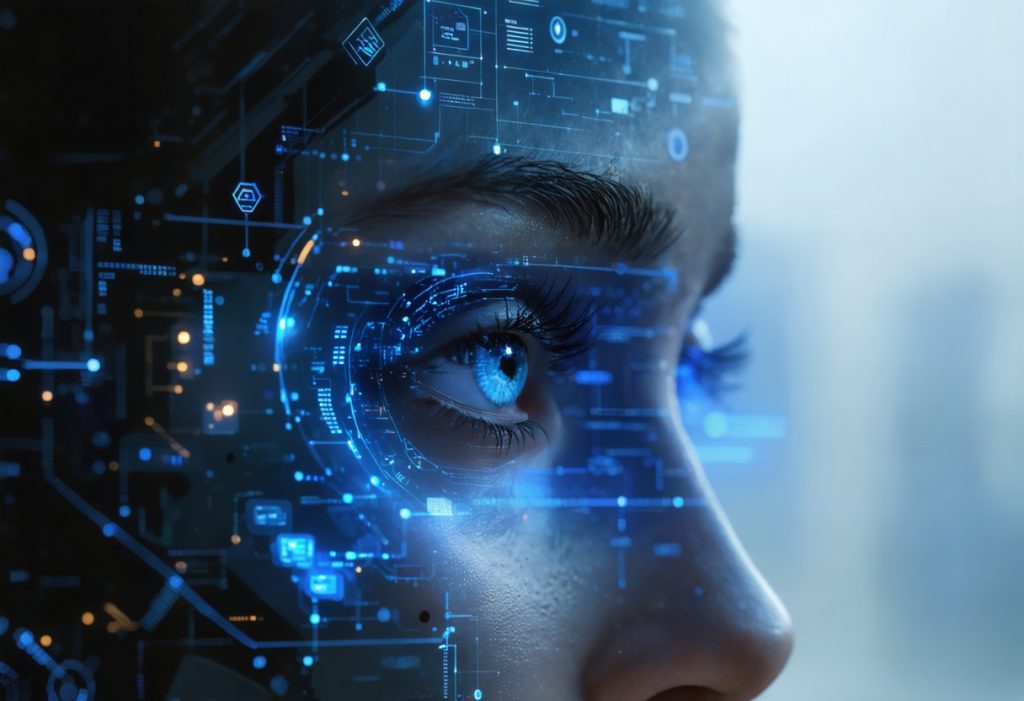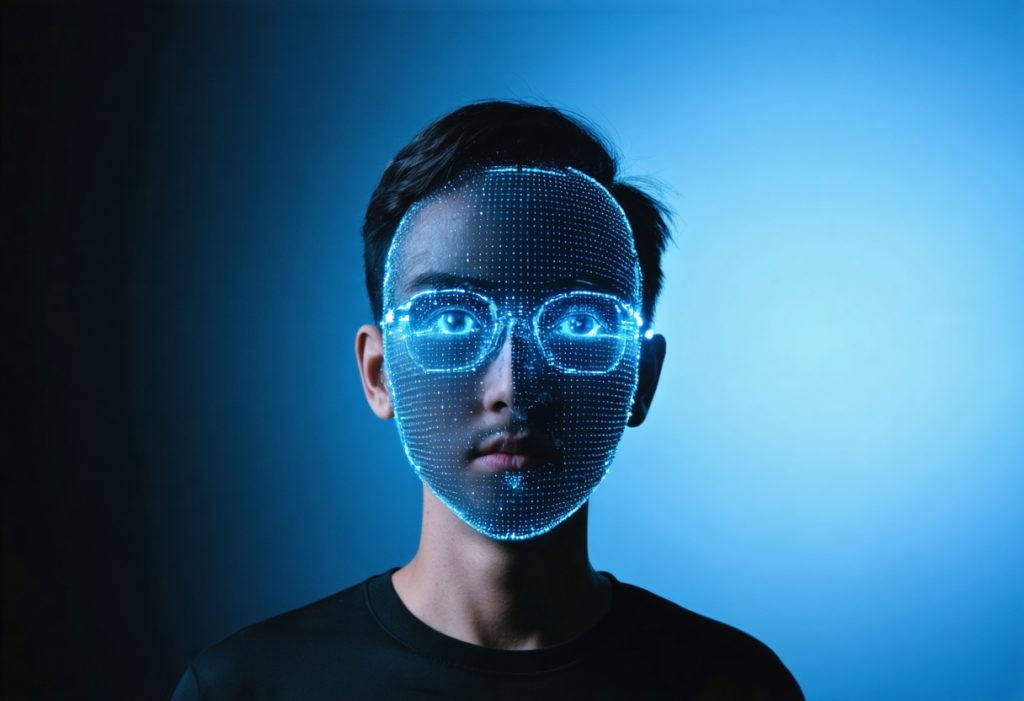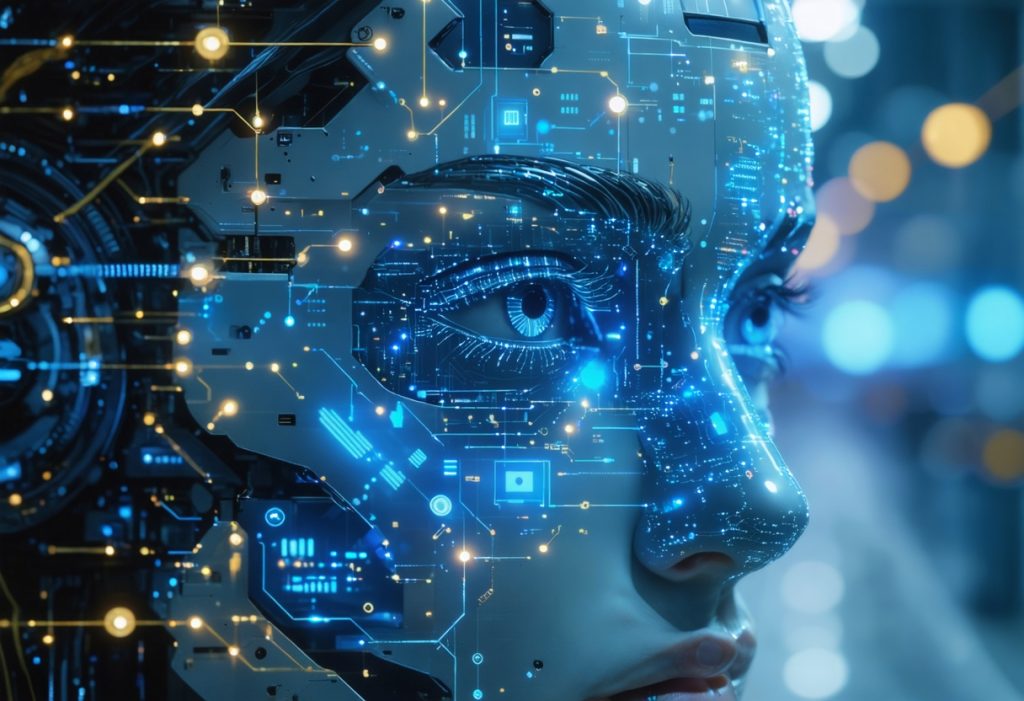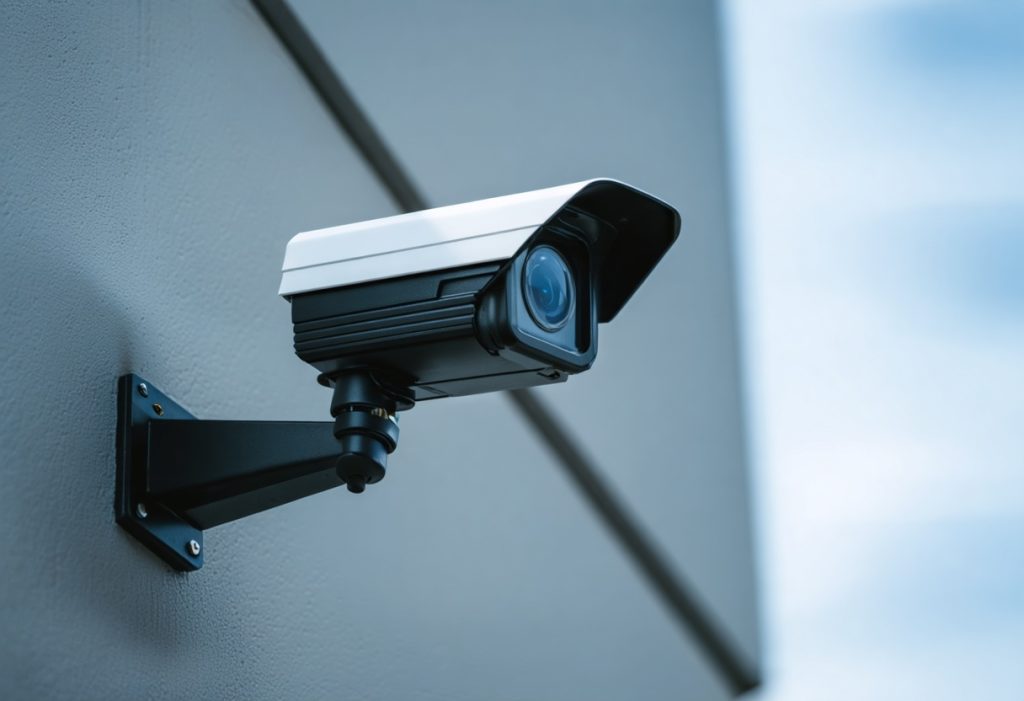Harnessing AI for Skin Cancer Prevention and Behavioral Change

Harnessing AI to Combat Skin Cancer Through Behavioral Change
As advancements in artificial intelligence (AI) continue to reshape the landscape of healthcare, its potential role in preventing skin cancer has emerged as a crucial focus. With rising incidence rates of melanoma and other skin cancers, especially among younger populations, the urgency to integrate innovative solutions into early detection strategies has never been greater. Recent studies highlight the remarkable effectiveness of AI in enhancing diagnostic accuracy, demonstrating that clinicians using AI assistance improve their sensitivity rates significantly compared to those who rely solely on traditional methods. This compelling evidence underscores AI’s capability to transform how healthcare professionals approach skin cancer diagnosis.
However, the impact of AI extends beyond diagnosis; it plays a pivotal role in facilitating positive behavior change among individuals. Many people delay consulting healthcare providers for skin-related concerns due to busy lifestyles or a lack of immediate access to medical advice. Yet, research indicates that AI-powered tools—such as mobile applications for mole assessment—can encourage individuals to take proactive steps in monitoring their skin health. By empowering users to conduct preliminary assessments at their convenience, AI not only fosters a culture of preventive care but also addresses significant barriers to timely diagnosis.
In a world increasingly driven by technological solutions, the integration of AI in skin cancer prevention promises to enhance awareness, facilitate behavioral shifts, and ultimately save lives. Join us as we explore the transformative potential of AI in reshaping the conversation around skin health and cancer prevention.
Understanding the Importance of Early Detection in Skin Cancer
The significance of early detection in skin cancer cannot be overstated. Skin cancer, particularly melanoma, can develop rapidly and may lead to fatal outcomes if not identified and treated promptly. Studies indicate that when caught in its early stages, the five-year survival rate for melanoma is around 99%. However, the challenge lies in the fact that many individuals fail to recognize the early warning signs or are deterred from seeking help due to various barriers, including time constraints and access to healthcare professionals. AI’s potential to enhance early detection processes is promising, yet it ultimately relies on individuals taking proactive measures regarding their health.
The Digital Health Revolution: Enhancing Accessibility and Convenience
The digital revolution has transformed the way healthcare is delivered and experienced. Mobile applications equipped with AI technologies provide unprecedented accessibility, allowing individuals to monitor their skin health through at-home assessments. These tools facilitate convenience, enabling users to evaluate their moles or skin lesions without the need to visit a clinic immediately. This accessibility fosters an increase in individuals who are empowered to take their health management into their own hands, thus encouraging early intervention and potentially saving lives through timely professional consultation.
AI-Powered Tools: A Game Changer for Skin Health Monitoring
AI-powered applications are a game changer when it comes to monitoring skin health. These tools utilize advanced algorithms to analyze images of skin conditions, comparing them with extensive databases of skin pathologies to identify potential risks. By enabling users to upload high-resolution images of moles, these apps can provide immediate feedback on whether a professional consultation is advisable. This step not only reassures users but also urges those who may have been hesitant to seek help, thereby promoting a culture of proactive health behavior.
Barriers to Seeking Skin Health Advice
Multiple factors contribute to the reluctance of individuals to seek timely skin health checks. For many, busy lifestyles and a perceived lack of urgency can prevent them from consulting healthcare professionals about concerning skin lesions. Additionally, misconceptions about the severity of skin issues often lead individuals to delay seeking advice until symptoms worsen. The integration of AI-driven tools combats these barriers by offering instant assessments and guidance, effectively bridging the gap between awareness and action.
Behavioral Change Through AI Engagement
One of the most profound impacts of AI technology in the realm of skin health is its ability to influence behavior change. Users who receive immediate, technology-facilitated feedback are more likely to take action regarding their health. The aforementioned research from Bupa demonstrates that providing an AI-powered assessment significantly increases the likelihood of individuals seeking professional advice from a mere 9% to 33%. This transformation signifies a monumental shift in health behavior, showcasing the power of technology to inspire individuals to prioritize their health proactively.
Personalized Health Management: The Role of AI
AI’s role in personalized health management cannot be overlooked. By incorporating user data into the assessment process, AI tools tailor recommendations specific to the individual’s risk factors and health history. This personalized approach empowers users to make informed decisions about their skin health. Additionally, the use of machine learning algorithms allows for continuous improvement of these tools, as they learn from new data, thereby enhancing diagnostic accuracy over time.
Case Studies and Success Stories of AI in Early Skin Cancer Detection
Various pilot programs and case studies have emerged, showcasing the effectiveness of AI applications in early skin cancer detection. For instance, a study conducted within a dermatology clinic revealed that patients utilizing an AI tool for mole assessments demonstrated a significant increase in early-stage melanoma detection rates. By pairing the expertise of dermatologists with AI analysis, clinics have achieved improved outcomes and higher sensitivity in identifying skin cancers, ultimately leading to enhanced patient survival rates.
The Future of AI in Skin Cancer Prevention
Looking ahead, the potential of AI-assisted tools in skin cancer prevention is vast. With continuous advancements in technology, the growth in AI’s capabilities will likely result in even more sophisticated applications that provide real-time monitoring and personalized health insights. The prospect of integrating AI into regular check-up routines holds the key to cultivating a proactive approach to healthcare, where individuals are continuously engaged and empowered in managing their wellbeing. Innovations in telehealth, remote assessments, and AI integrations within primary care settings promise to revolutionize skin cancer prevention and reshape how we think about health and disease management.
Educating the Public on Skin Cancer Risks and the Role of AI
Public education plays a vital role in combating skin cancer. By raising awareness about the risks and benefits of early detection strategies, healthcare organizations can encourage individuals to become more involved in their health. AI-driven educational platforms can effectively disseminate information regarding what to look for in skin assessments and promote available digital tools that assist in this process. By leveraging technology to empower and educate, we can build a more informed society equipped to combat skin health threats.
The Wider Implications of AI in Healthcare
The successful implementation of AI in skin cancer prevention exemplifies a broader trend within the healthcare sector. As technology continues to advance, the potential to streamline diagnostic processes, enhance patient engagement, and ultimately improve clinical outcomes becomes increasingly attainable. Future innovations may not only target other cancer types but also empower individuals regarding various aspects of their health. Ultimately, the integration of AI into proactive healthcare strategies represents a vital movement toward improved public health standards and reduced mortality rates.
Embracing AI for a Healthier Future
As the healthcare landscape evolves with the integration of AI technologies, the fight against skin cancer becomes increasingly promising. By leveraging innovative tools that promote early detection and foster behavioral changes, individuals can take charge of their skin health more effectively than ever before. The convergence of accessibility, personalized insights, and user engagement provided by AI not only enhances the detection of skin cancer but also encourages proactive health management. With rising awareness and education on skin cancer risks, coupled with AI-driven solutions, society is empowered to prioritize prevention and timely intervention.
Looking to the future, the continued evolution of AI applications in healthcare holds tremendous potential for reducing skin cancer incidence and improving patient outcomes. By equipping individuals with the knowledge and tools they need, we can build a healthier community committed to prioritizing skin health. Embracing these technological advancements is crucial—and by doing so, we take significant steps toward creating a more informed society that is well-prepared to combat skin cancer and other health challenges.
